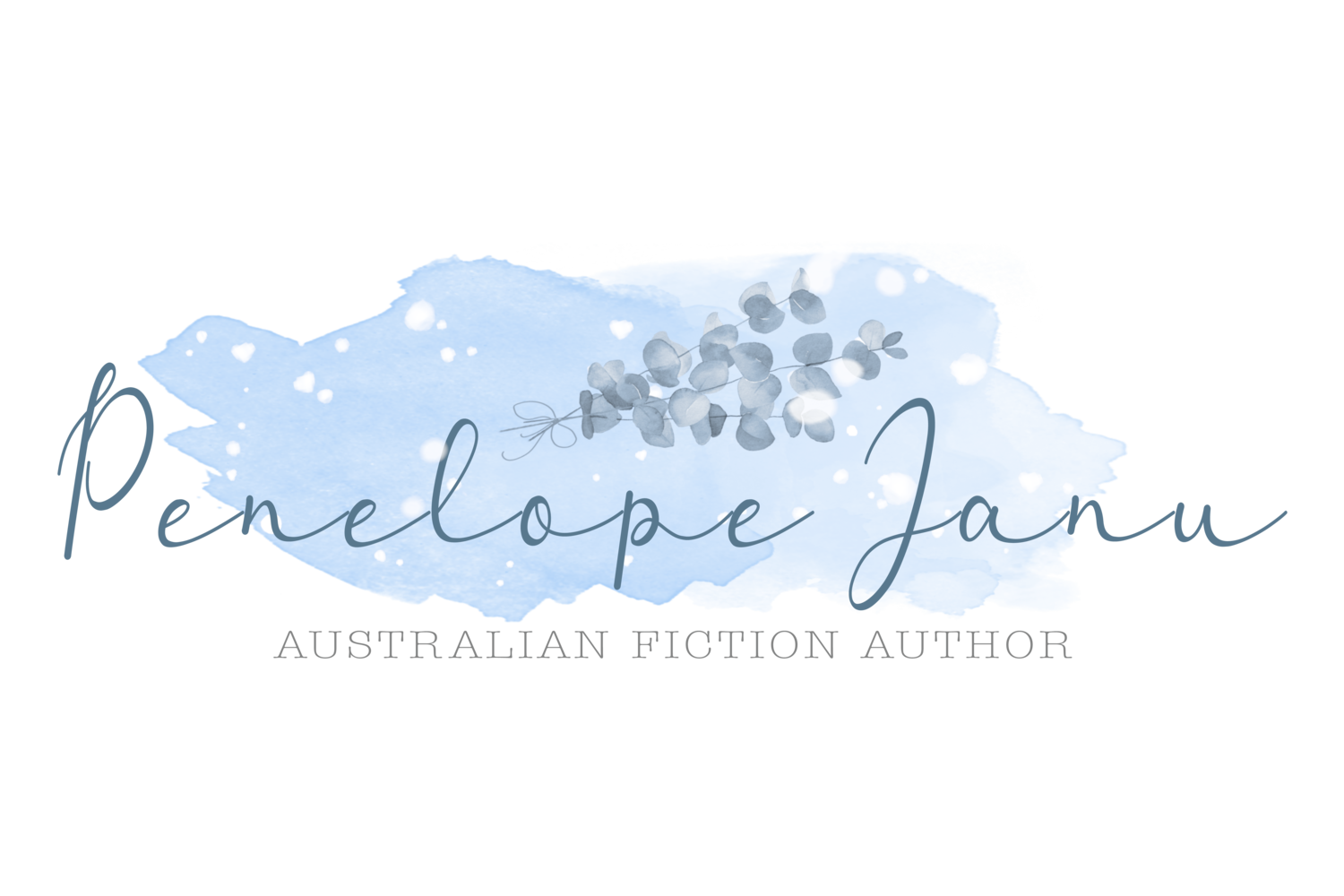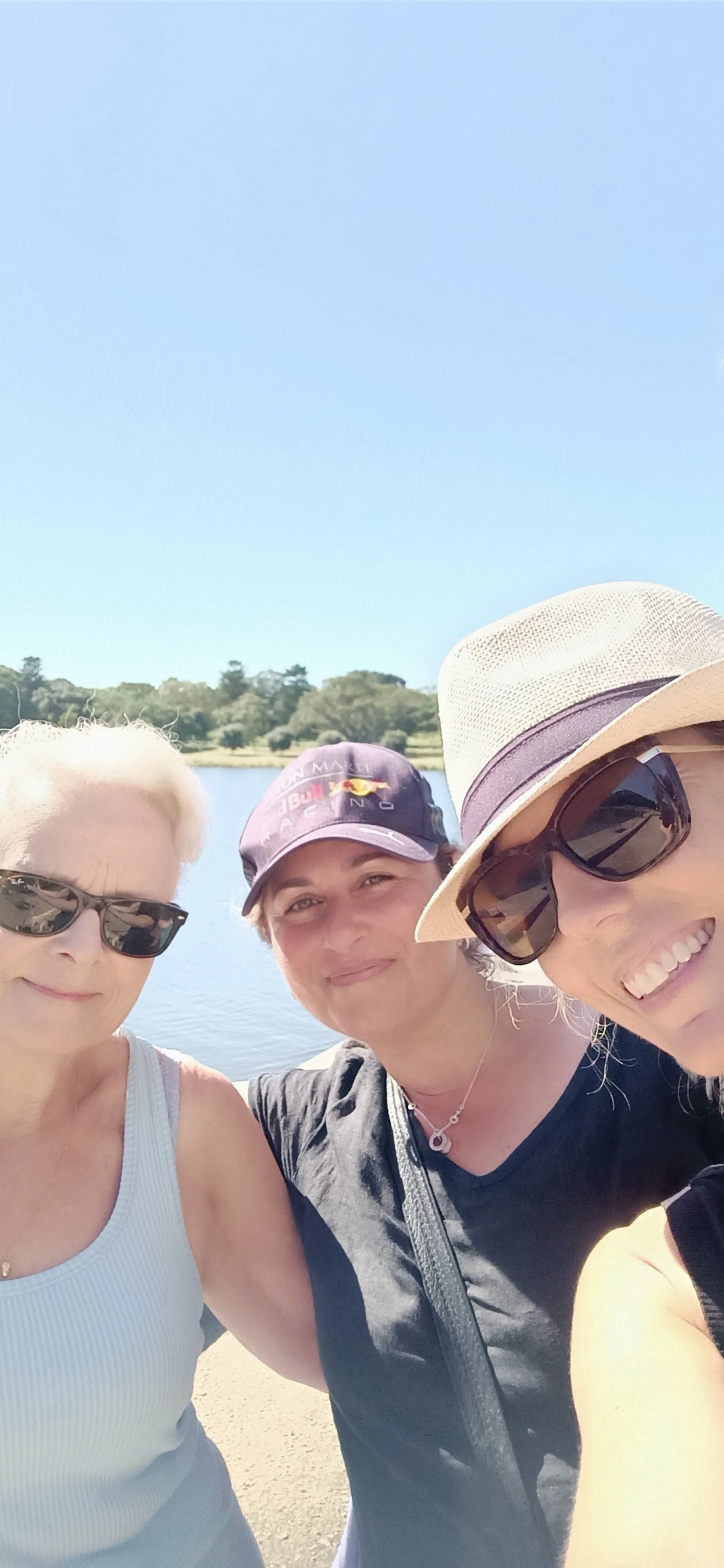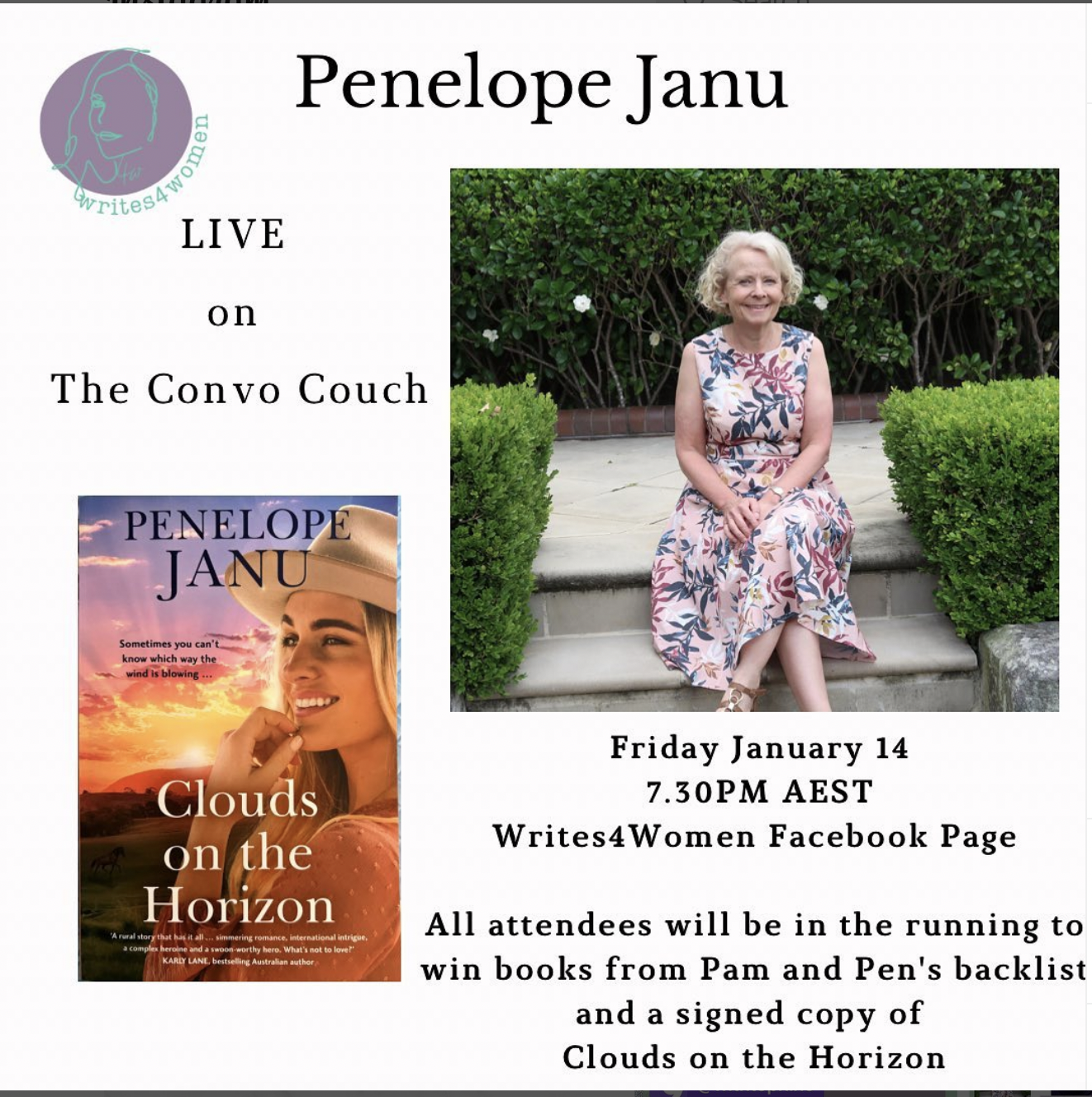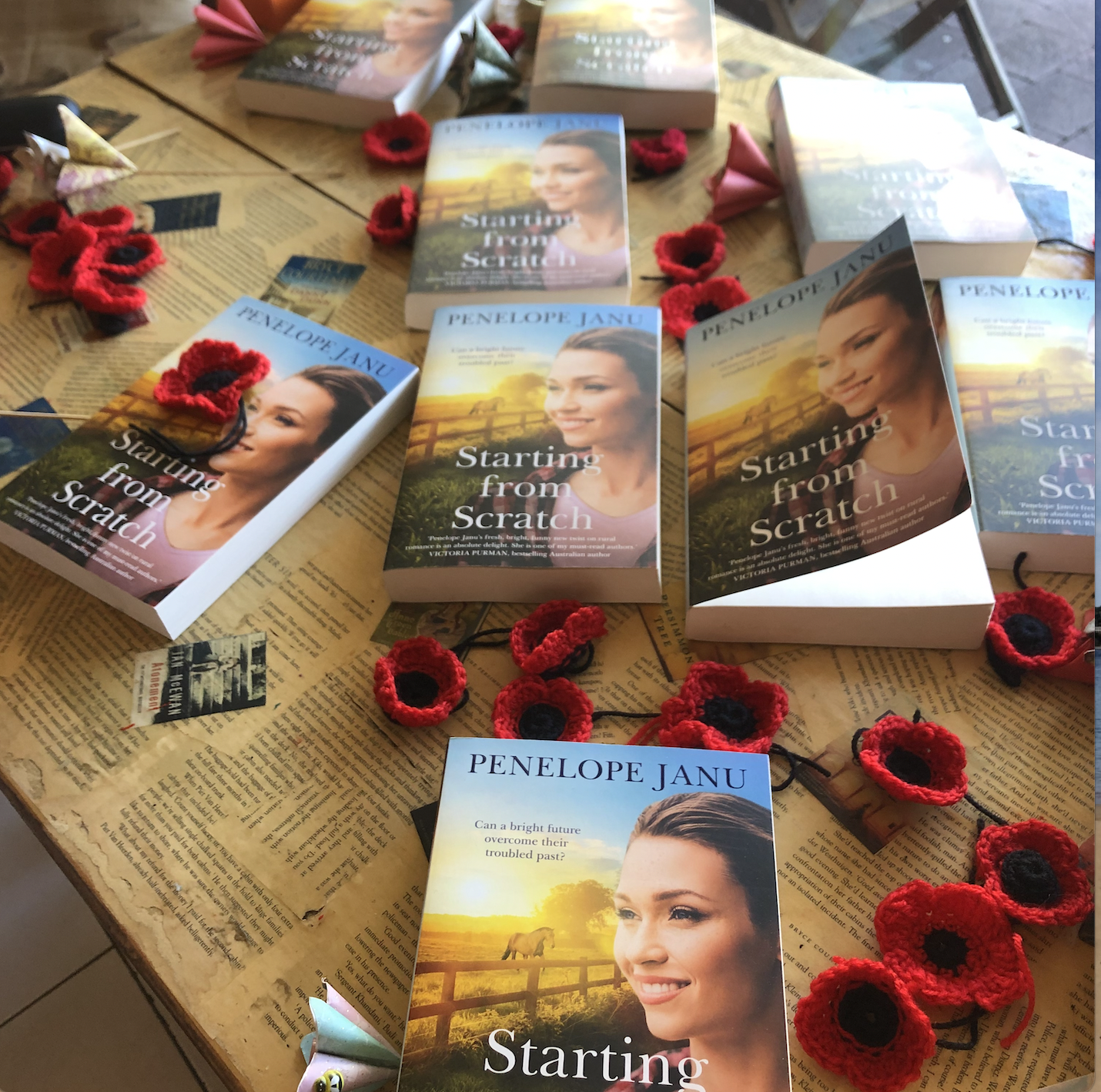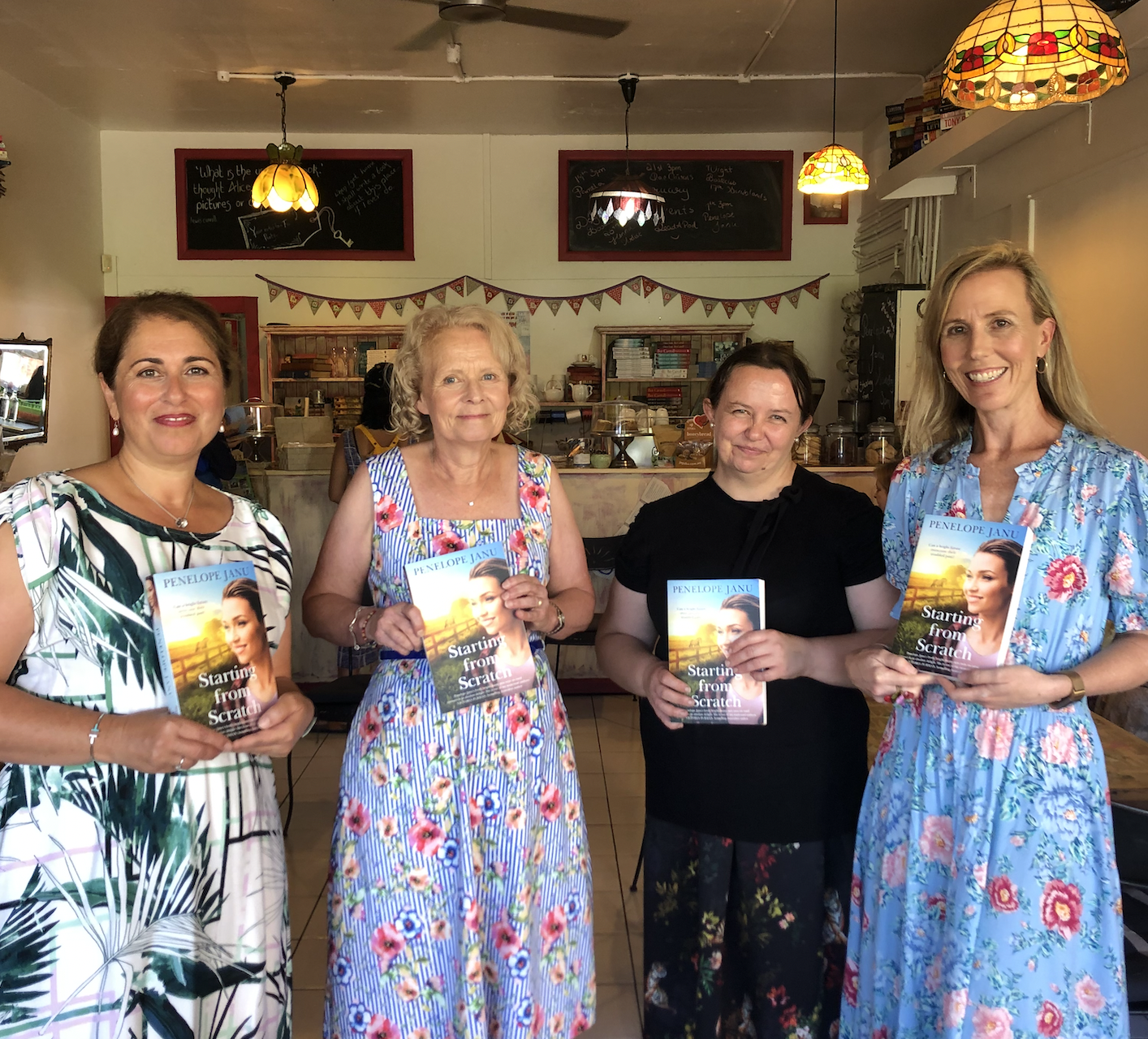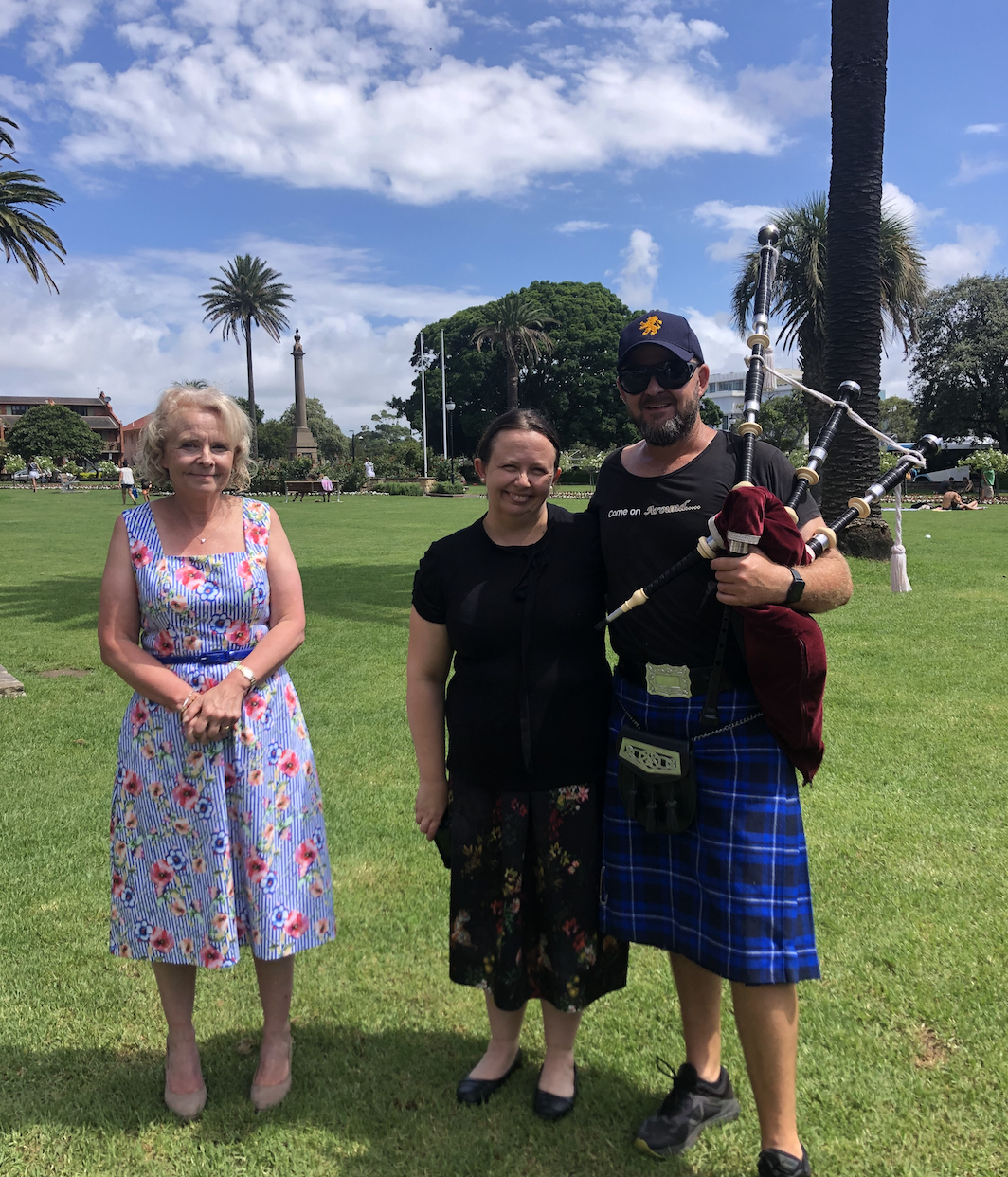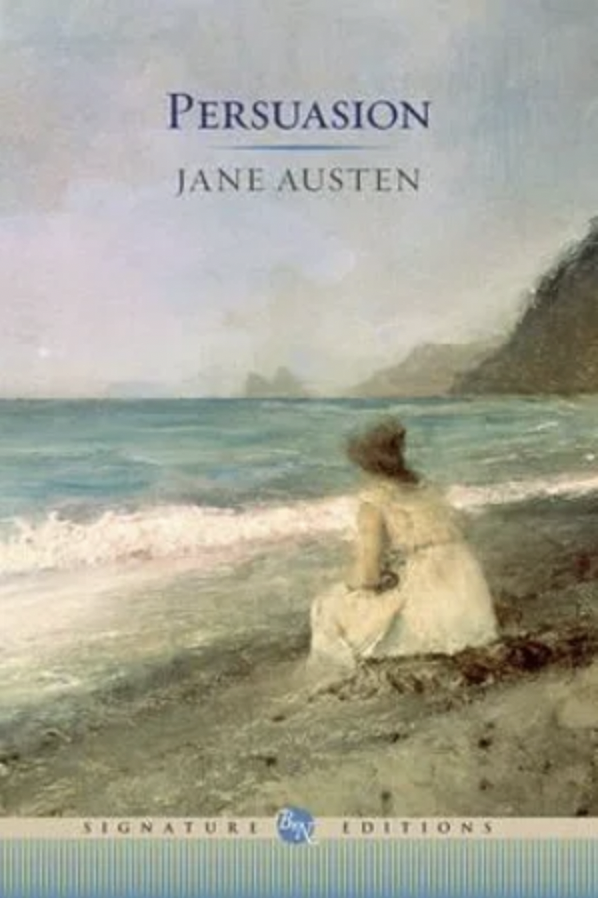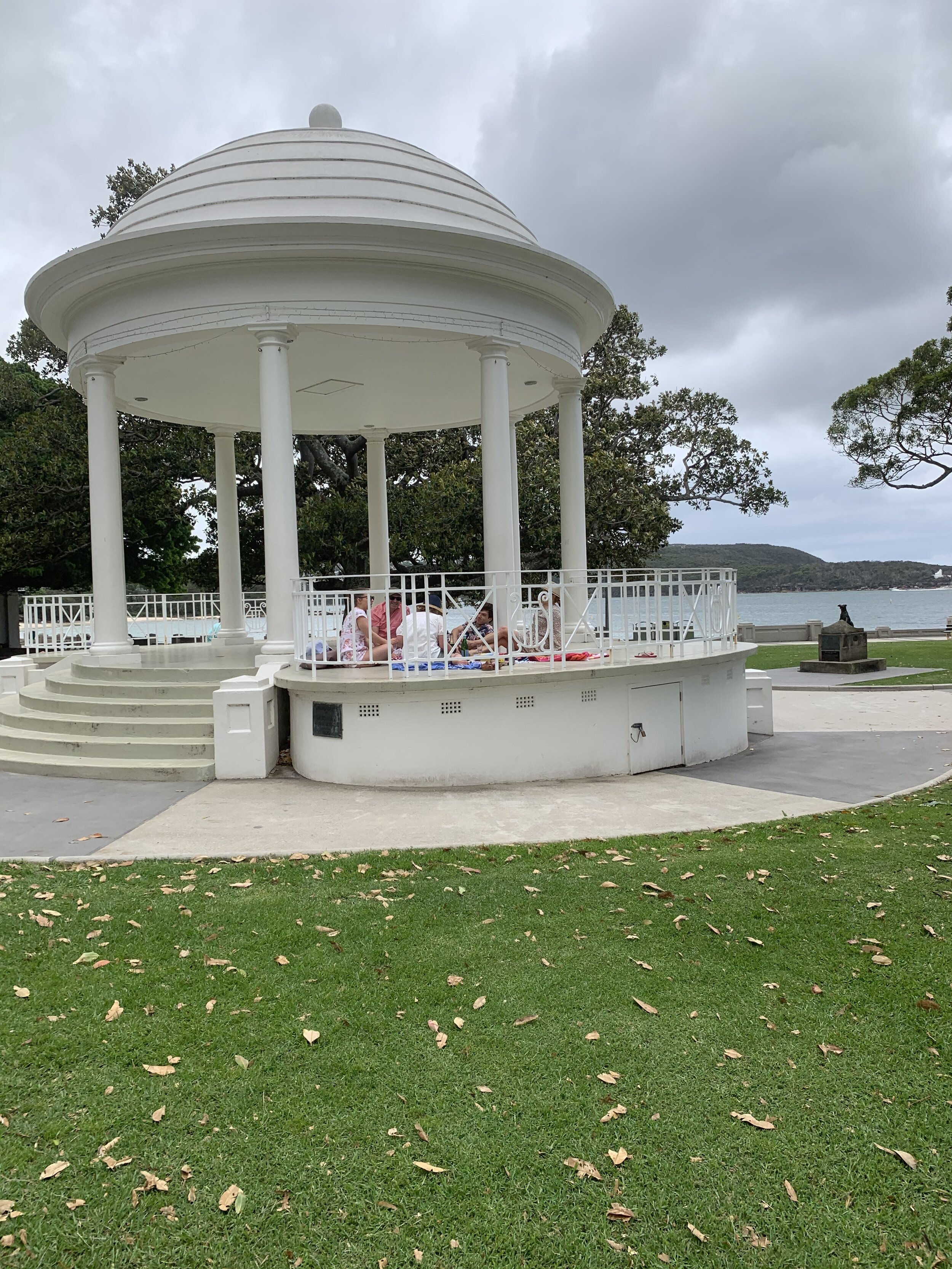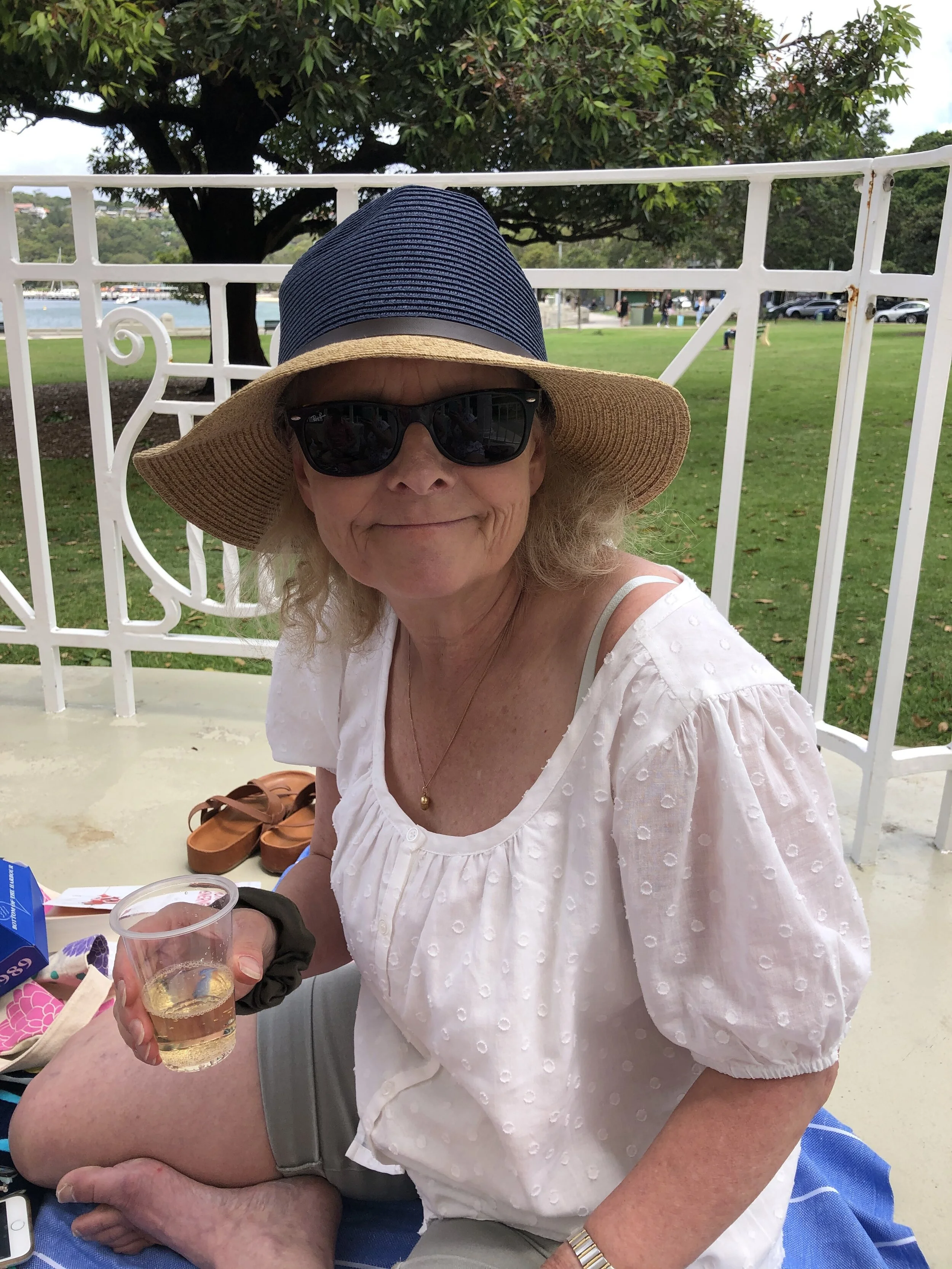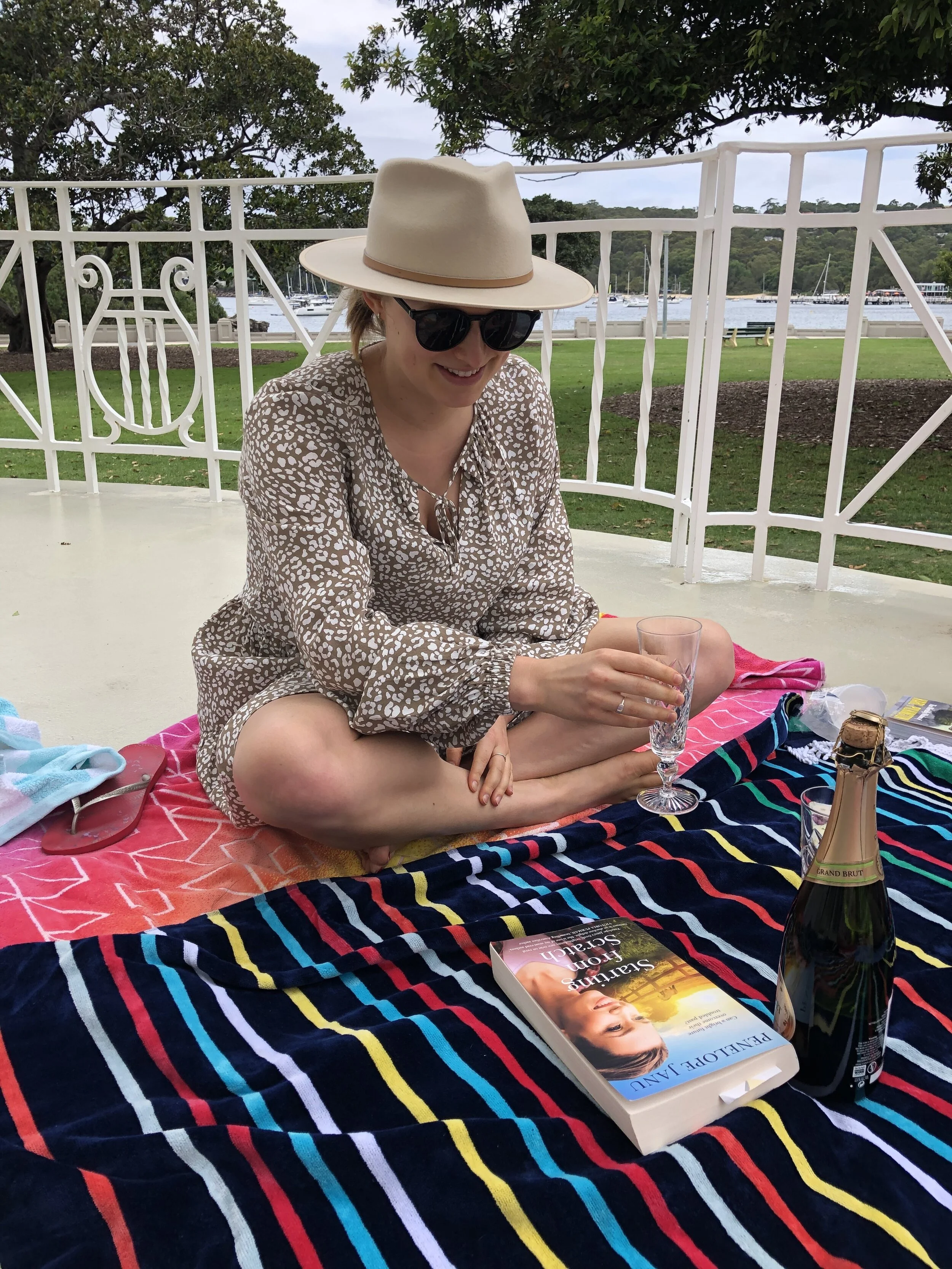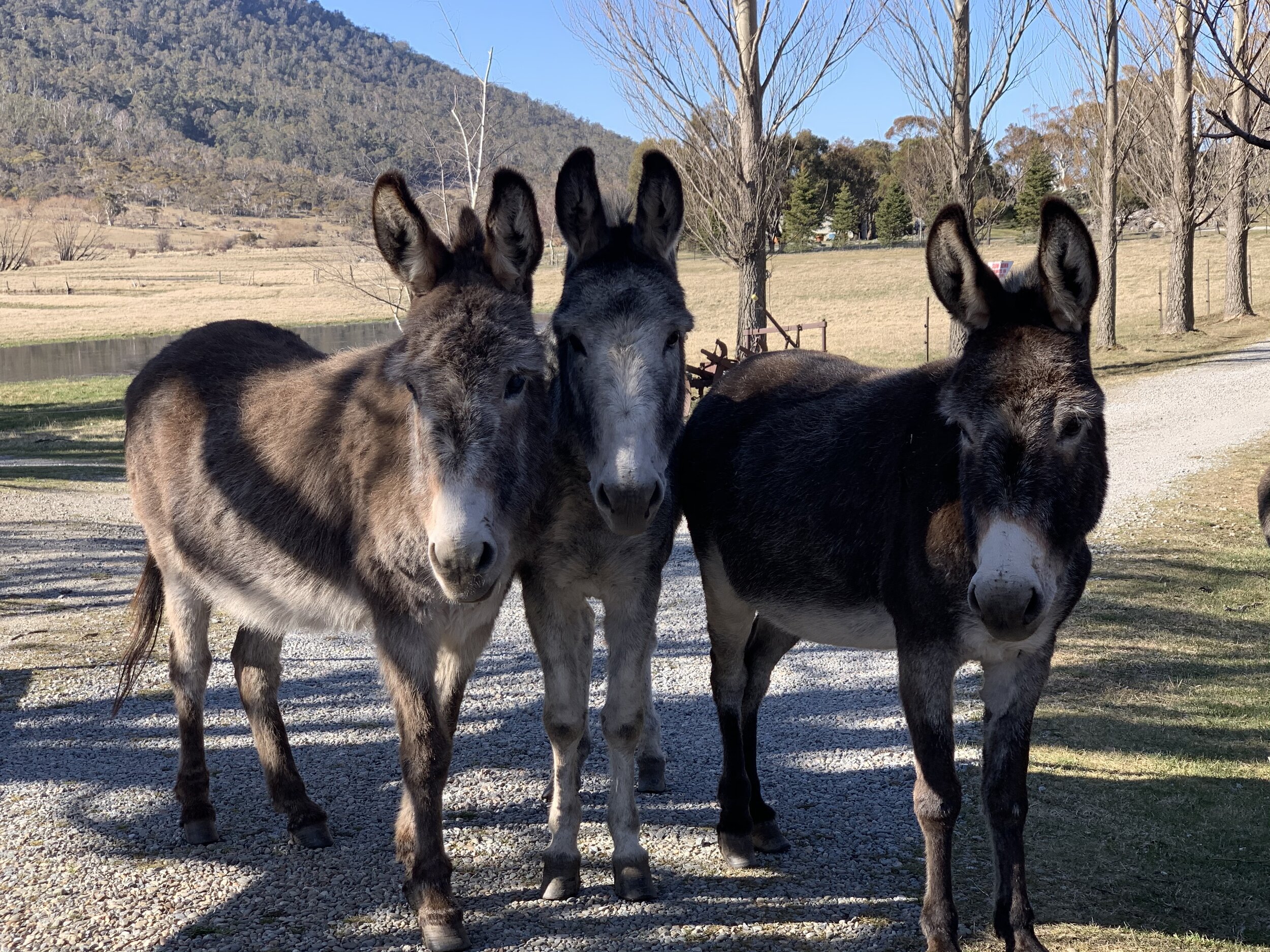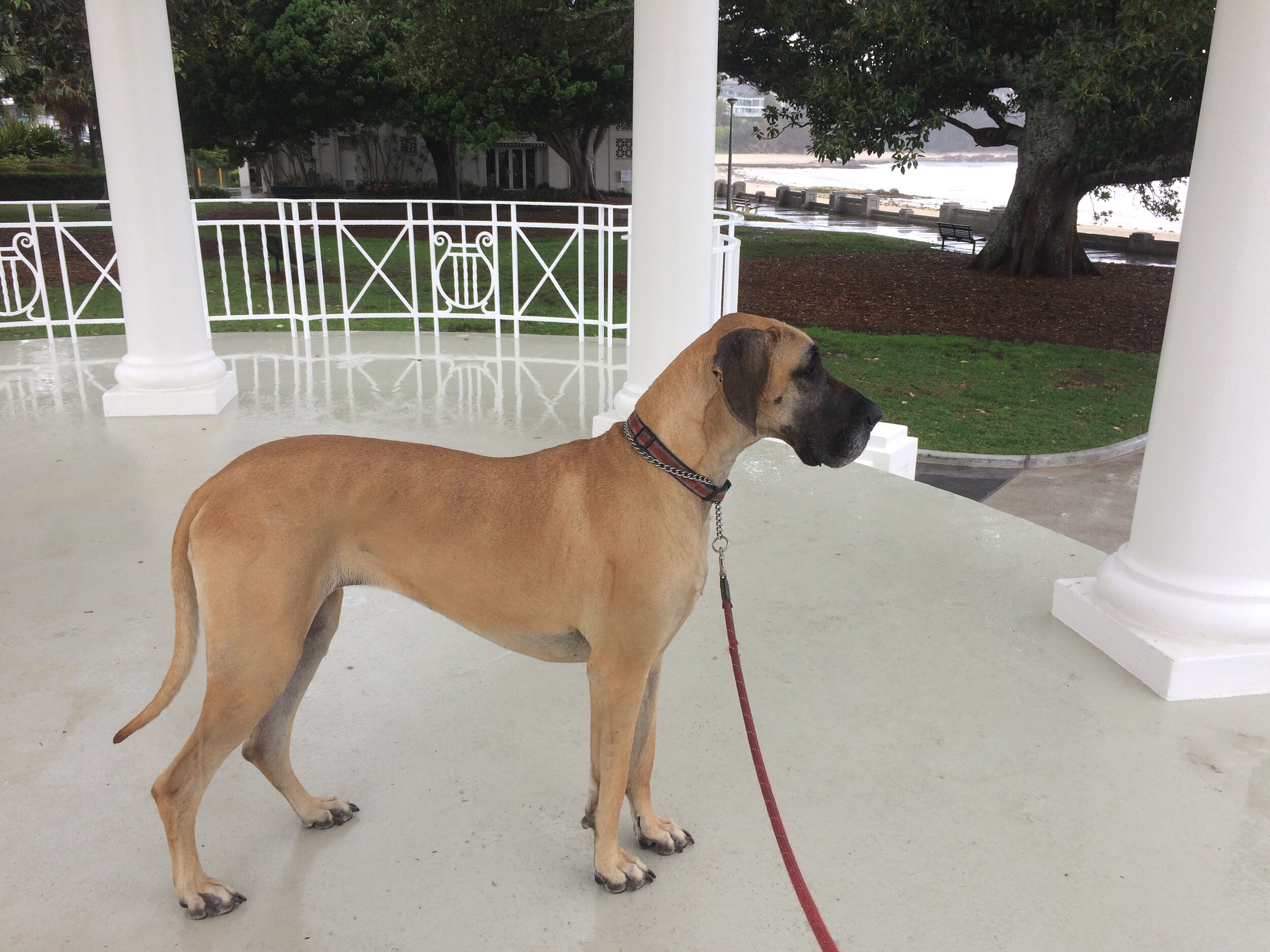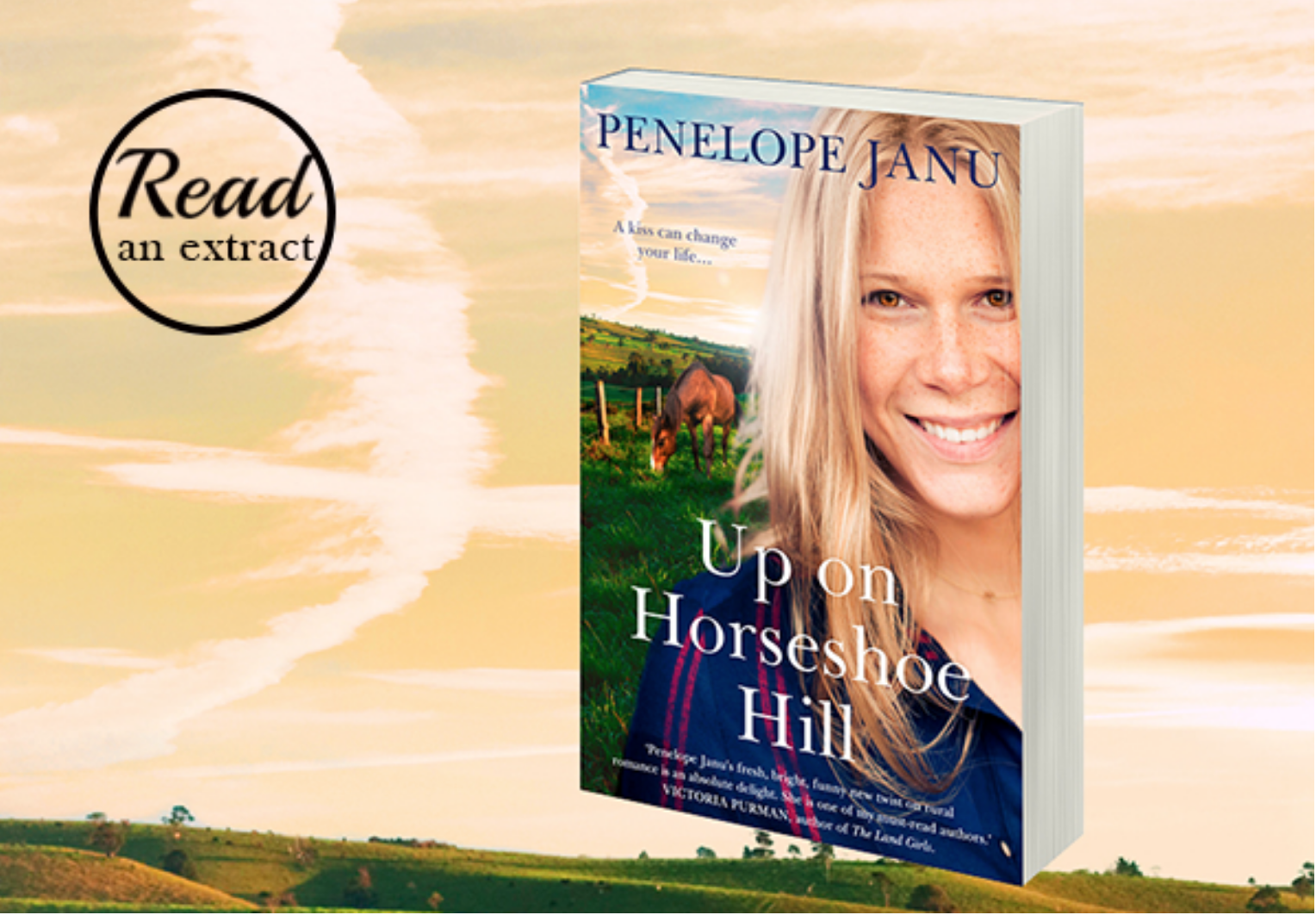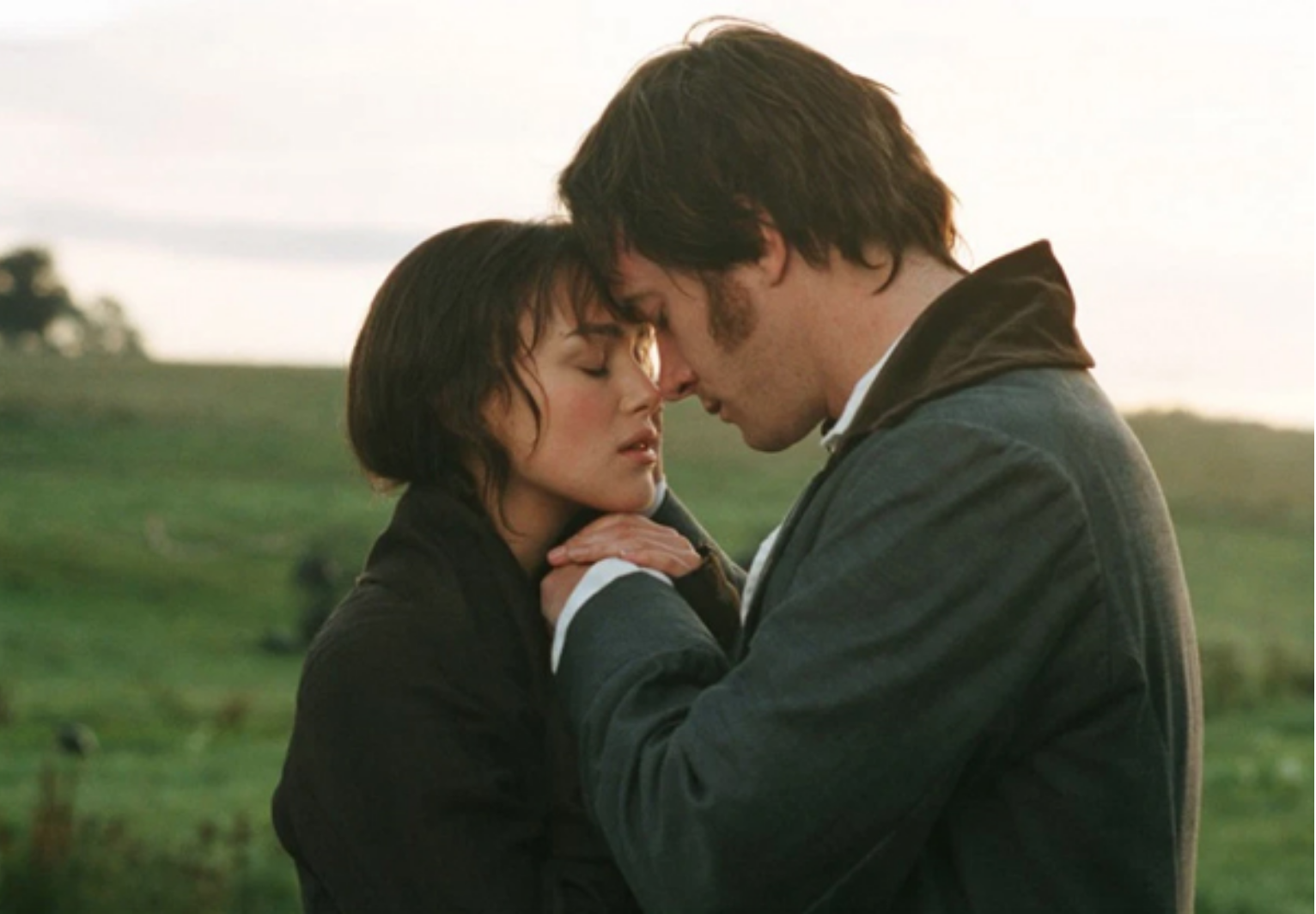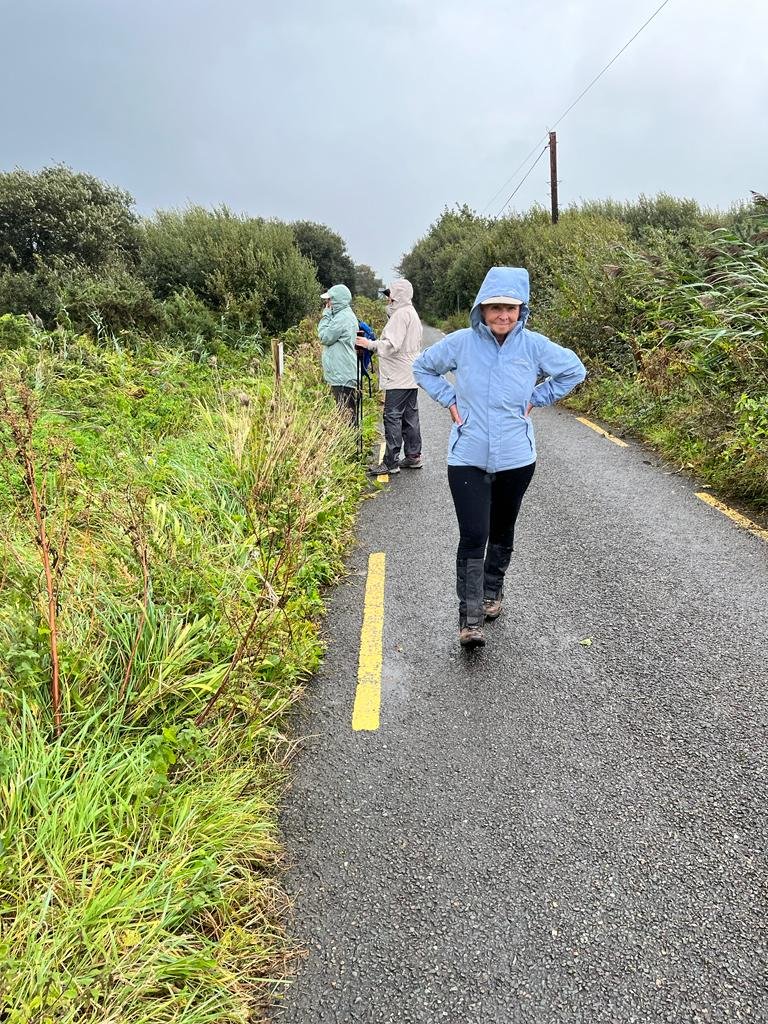On the Same Page explores many of the prejudices that exist towards readers and writers of romance. Lars is compelled to read Miles’s novels and give meaningful feedback. Miles takes on pole dancing in order to ‘write what she knows’ when her heroine climbs a drainpipe to a second story window. By the end of the novel, Miles also learns that some conflicts, including those with her snobbish and literary parents, need to be met head on.
The main character, aptly named Miles Franklin, is a lawyer by day and author by night. Did you draw from personal experience while developing Miles’ character?
I was a lawyer for many years (decades!) before I started writing creatively. Now I write full time, but like many writers, it was imperative to keep my day job in the early years of my writing. The only way I could find time to write creatively was to get up in the very early hours of the morning when my household was sleeping, write for two or three hours, and then begin ‘the day job’ of ferrying six children around and working full time. Like Miles, I did a lot of juggling! Two positive aspects of working like this was that I did complete my novel, and I also set up a routine I still use today. I find that once I’ve written solidly for two or three hours, I can come back to those words later in the day (in much shorter snippets of time) and, having pondered what I’ve written in the morning, I can edit and add to my words.
Miles is in a difficult legal situation in On the Same Page because she’s being forced by Lars (her publisher) to honour a contract. Making Miles a lawyer gave me the opportunity to let her fight her own battles on the legal front (while also providing her with many opportunities to make Lars’s life extremely difficult!)
You’ve carved a name for yourself in both the rom-com and rural fiction genres. Did you always plan to write across different genres? And do you maybe have another genre hidden up your sleeve?
Romance drives my stories, whether romantic comedy or rural fiction, and I can’t imagine writing in any other genre. As a lawyer, I know quite a lot about crime and criminal procedure, but I can’t imagine I’d ever write in that genre. I waited a long time to write creatively, and while it’s hard work, I love that it brings me joy. Writing romance does that, as reading romance did after long days of being a lawyer!
On the Same Page gave me an opportunity to have a lot of fun with the romance side of things, while in my rural fiction titles, the natural environment plays a much more important role. My first published novel, In at the Deep End, was positioned as a romantic comedy, but it’s essentially a rural (or coastal!) fiction novel. In dialogue, I think there are similarities between my romantic comedy and rural fiction titles—I love to tie the male love interests into knots.
What’s your favourite part of writing a book, and least favourite (just to keep it balanced)?
My favourite part of writing is when, usually at about 30,000 words into a 100,000 word novel, I am totally invested in the characters and have to keep their story going to resolve their conflict—irrespective of whether the novel might be published or not. At this stage, I have characters I care about, and a story I think needs to be told, so the next 70,000 words, while often a struggle (because as you know, Jodie, writing is hard!) are far easier to write. The least favourite part? The first 30,000 words!
You began your career after a successful career as a lawyer and legal academic, and after raising your family. What advice do you have for those perhaps thinking they’re ‘too old’ or they’ve ‘left things to late’ to become a published author?
Publishers and most importantly readers look for a voice and a premise and a story that keeps them invested in the characters, and anxious to turn the pages. The writer disappears in the writing, and that’s a very good thing because it gives writers of all ages the opportunity to be published. Also… life experience! I think I can write romance, children, teenagers, adults, grandchildren, love, tragedy and trauma, joy, sex, drugs (and rock and roll) with quite a bit of authority. And that’s because I’m sixty.
What are some of your all-time favourite books and/or authors?
What a difficult question! I don’t think it will surprise many of my readers to learn that I am a die-hard Jane Austen fan. In On the Same Page, where Miles makes many literary references to her favourite writers, Austen is certainly important. When I was growing up, my parents had all the classics, Dickens, DH Lawrence and the Brontë sisters, and I read my way through them. For contemporary romantic comedies, I probably started with Sophie Kinsella (particularly her early books) and Helen Fielding, and now I enjoy Mhairi McFarlane’s novels and many others. I’m also a fan of historical fiction—I’d read Julie Quinn’s Bridgerton books way before the television series came out! In relation to my rural fiction titles, I read a lot of non-fiction books as part of my research.
What can we find Penelope Janu doing in her spare time these days?
We’ve recently acquired a new puppy and a new kitten, so often I’m running after them! I’m also increasingly busy now my children are having babies, and that is a busyness I totally embrace. I ride horses, go for long walks (I’m hiking over 250km in the Scottish Highlands for two weeks in July), I love my garden, and I love to read. Also, I’ve been married to my Mr Darcy for thirty-seven years (we’ve been together for forty-one years) and he still exhausts me because while I am fundamentally lazy, he is exhaustingly active. ‘C’mon, Pen. Let’s do something.’
I also spend regular time with fabulous writing friends. The photo above was taken at Centennial Park, the setting for quite a few scenes of On the Same Page, with writing friends Cassie Hamer (her newest book is The Truth About Faking It which I HIGHLY recommend), and Claudine Tinellis a writer, friend, and host of the fabulous podcast Talking Aussie Books
And finally, why should readers pick up a copy of On the Same Page?
It’s hard to review your own work, but On the Same Page has been a book that has resonated with many different people for many different reasons. It’s a romance and a comedy, and it has laugh-out-loud moments, but it also has serious undercurrents about anxiety and family expectations, and also literary snobbery, misconceptions and prejudice. Also… it has pole dancing (which, incidentally, requires a lot of upper body strength).
